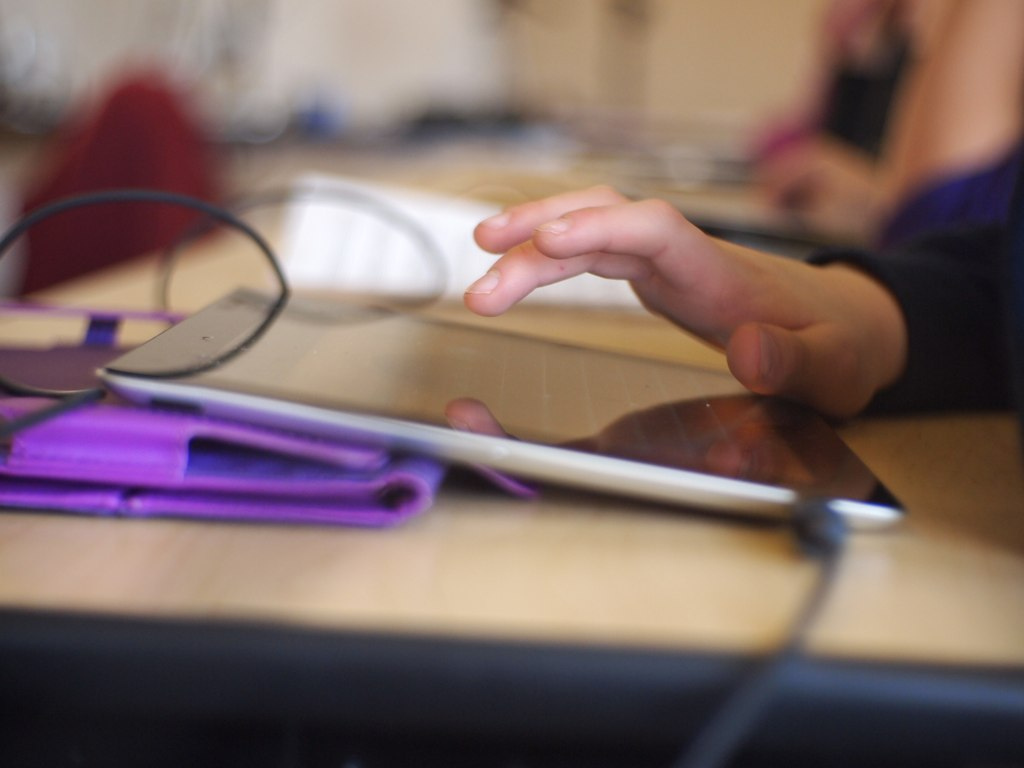ICT: A Bridge to Future Economic Success
Information and communications technology literacy, or ICT literacy, is so important that organizations around the world are championing ICT educational series for rich and poor alike. Students are learning how to use multimedia-based information and communications technologies as part of basic literacy.
According to the Teaching Commons, “ICT proficiency is the ability to use digital technology, communication tools, and/or networks appropriately to solve information problems in order to function in an information society.”
UNESCO is one organization promoting ICT, and elementary schools around the world are teaching kids to collaborate using iPads to publish to the internet. In Kenya, ICT is being promoted by the Ministry of Information, Communication, and Technology in the hopes of improving education and competitiveness among young Kenyans. And finally, in Australia, 600 schools recently conducted the National Assessment Program (NAP) to assess student ICT literacy.
Turning Around ICT Education in Nigeria
The overriding goal is either to equip students with skills that can be used in modern competitive job markets or prepare them for college study and beyond. In Nigeria, students are being trained and tested in word processing ability to access the internet and browse for relevant information and to manage and organize web content.
According to the Department of Education in Virginia, essential elements of ICT literacy include:
- learning to choose the appropriate technologies to complete particular tasks and learn new technologies as needed.
- use technologies to develop strong thinking skills and extend capabilities
- use technologies ethically and safely
- understand the nature of information in a global world and the characteristics of various media
- use technologies to facilitate collaboration and teamwork
Critical to success with children and ICT literacy is the participation of parents, grandparents, and caregivers who are expected to:
- nurture curiosity and learning of all kinds, not just technology, in the young people they take care of
- serve as role models for the young and nurture acceptable behavior and care and respect for others
- nurture thinking skills that will help youngsters use technology most powerfully
Movements to improve ICT education of course involve the participation of qualified teachers and administrators using instructional technology that will support the goals of the ICT curriculum.
The following video explains “The Role of ICT in Education.”







